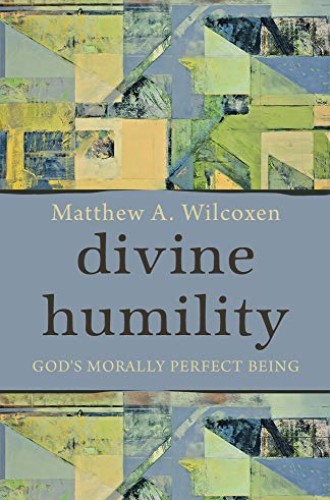Christian thinkers have long wrestled with what it means to claim that the God of Jesus Christ is for us. In a dense, probing work of constructive theology, Matthew A. Wilcoxen asks: What if humility best names the character of the morally perfect one who “is always and already oriented toward his creature”? Might this concept help illuminate the unity between God’s transcendence and immanence? The project is ambitious, as the portrayal of God as humble is a minority report in the history of doctrine. It situates Wilcoxen somewhere in the spectrum between classical theists, who stress God’s self-subsistence, and revisionists, who emphasize God’s openness and relatedness to creation.
Wilcoxen begins with a whirlwind survey of modern philosophical challenges to the reality and knowability of God. Kant claimed that God, because of the limits of reason, is not objectively knowable. Feuerbach argued that all notions of a transcendent, beneficent deity stem from projections of human ideals and needs. Heidegger shifted the conversation away from what had riddled Western metaphysics for centuries—the nature of being itself—toward the concrete existence of the individual knower.
As a theological realist, Wilcoxen argues that the divine being is truly knowable in revelation. His terse account of Jean-Luc Marion’s postmetaphysical account of God as pure gift and agapic love “beyond being” shortchanges the French Catholic philosopher a bit, it seems to me. A more fruitful dialogue between these positions should be possible.





